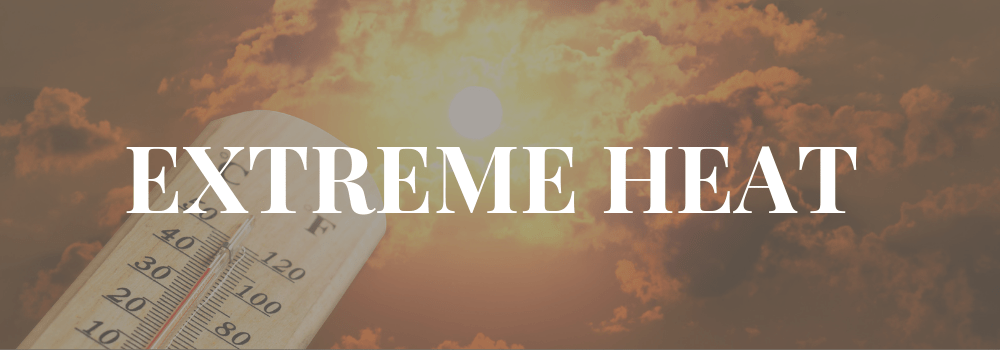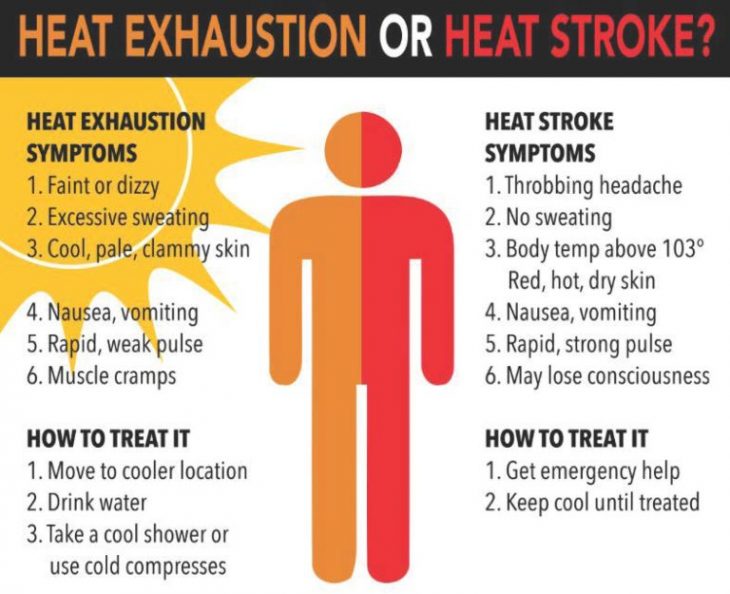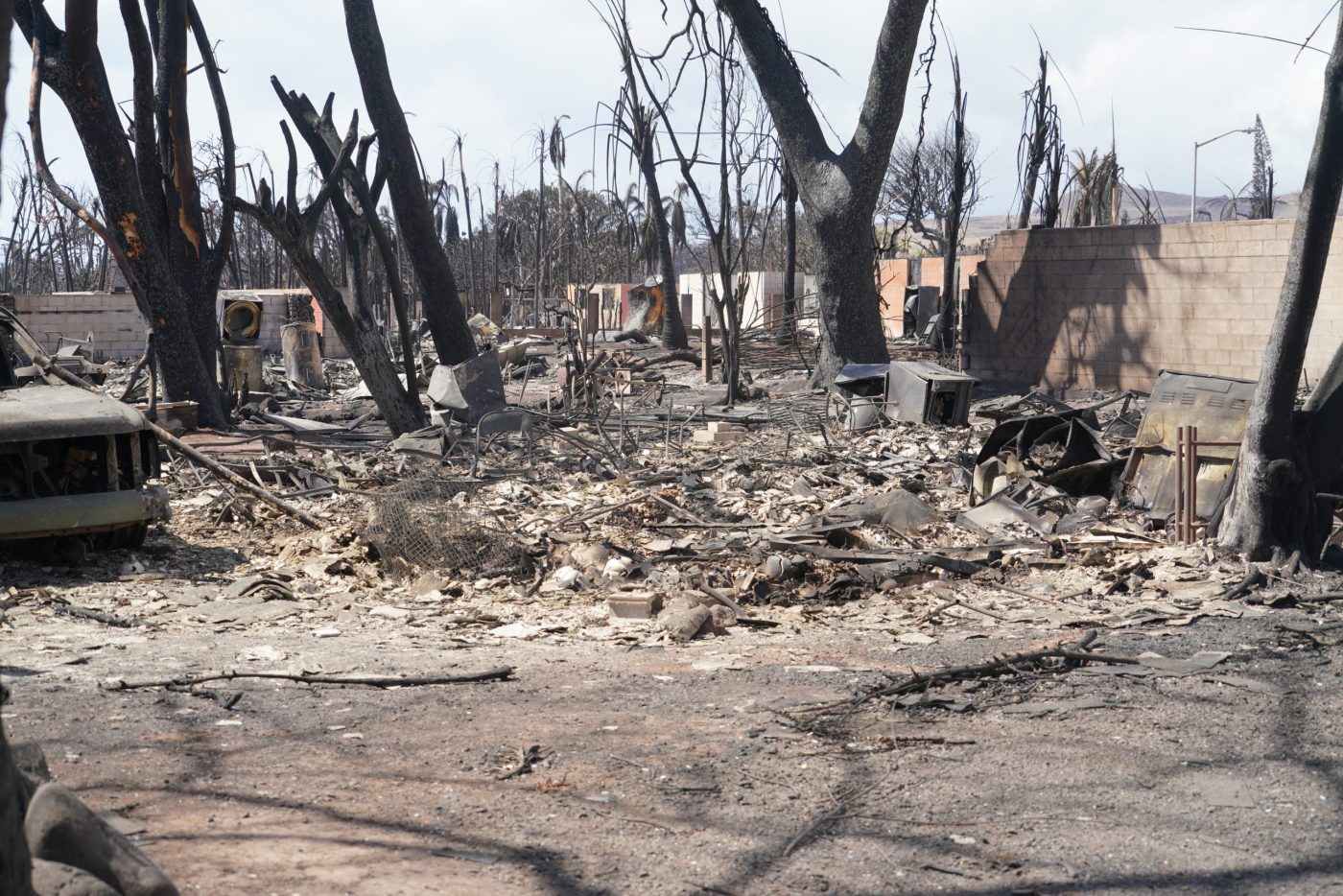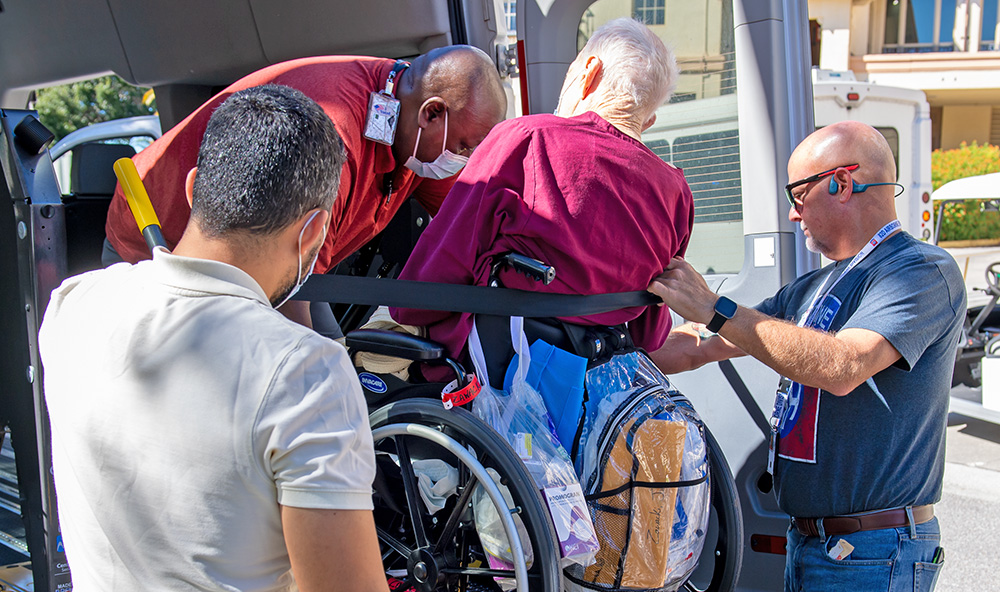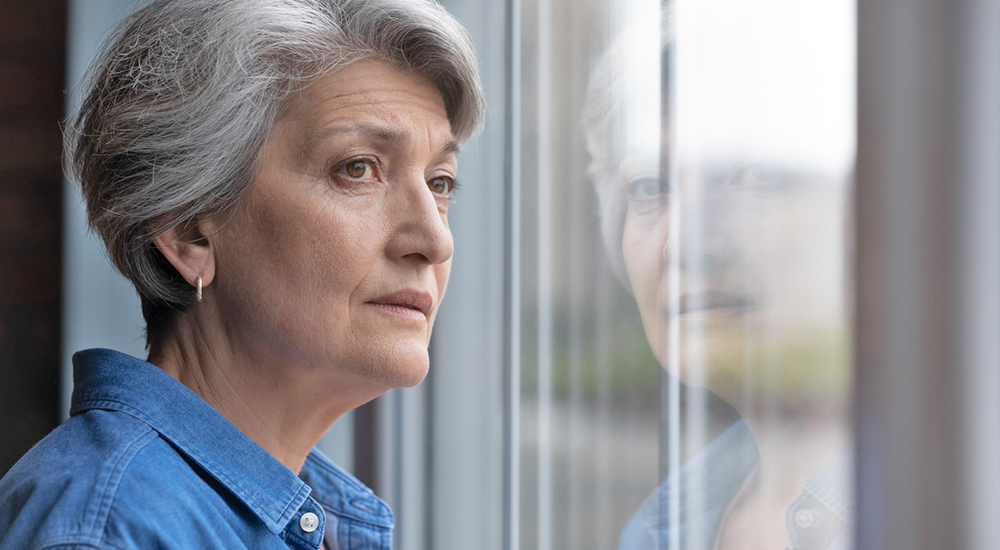There’s hot summer weather, and then there are heat waves or extreme heat. Much like other natural disasters, extreme heat can be very dangerous.
Heat kills by pushing the human body beyond its limits. In extreme heat and high humidity, evaporation is slowed, and the body must work extra hard to maintain a normal temperature. Most heat disorders occur because the victim has been overexposed to heat or has over-exercised for his or her age and physical condition. Older adults, young children and those who are sick or overweight are more likely to succumb to extreme heat.
However, there are ways to prepare these individuals for the dangerous temperatures.
The best way to protect yourself against heat-related illness and death is to stay hydrated and inside an air-conditioned environment. Listed below are other preparedness measures for you and your loved ones, to include taking care of pets and service animals, too.
Before extreme heat
- Cover windows that receive morning or afternoon sun with light-colored drapes, shades, awnings or louvers.
- Properly install window air conditioners; seal any cracks and insulating if necessary.
- Check A/C ducts for proper insulation and clean filters.
- Make sure your first aid kit is updated and get trained in first aid relief.
- Have a plan for wherever you (and your family members/pets) spend time during a heat wave – home, work and school – and prepare for power outages. Discuss heat safety precautions with members of your household.
- Check the contents of your emergency disaster kit in case a power outage occurs.
- Be aware of weather forecasts and the upcoming temperature changes.
- Implement cooling hacks at home: keep home well-insulated; open windows for a breeze and close blinds to keep the sunlight out.
- A home generator is the safest and most reliable solution.
- Learn to recognize the signs of heat-related illness.
During extreme heat
- Stay inside during the hottest part of the day (10 A.M to 4 P.M.) and limit sun exposure. Avoid strenuous activity and postpone outdoor games and events until coolest time of day.
- Remain on the lowest floor in a well-ventilated area with fans if air conditioning is not available.
- Avoid strenuous work during the warmest part of the day. Use a buddy system when working in extreme heat and take frequent breaks.
- Dress in loose-fitting, lightweight and light-colored clothes that cover as much skin as possible.
- Protect face and head by wearing a wide-brimmed hat.
- Apply and reapply sunscreen to protect your skin from sunburn.
- Eat well-balanced, light and regular meals. Drink plenty of water.
- Keep your pets indoors and make sure they have access to a cool space and plenty of water.
- Limit intake of alcoholic beverages.
- Check on family, friends and neighbors who don’t have air conditioning and who spend their time alone.
- Never leave children or pets/service animals in parked, unattended vehicles.
- During heat waves, tune to a NOAA radio station and listen for weather updates from the National Weather Service (NWS).
- If you feel overheated, cool off with wet washcloths, fans and a cool sponge bath or shower.
- Too hot at the house? Go to the library or a designated public shelter with your PPE if your home loses power during periods of extreme heat. Text SHELTER + your ZIP code to 43362 (4FEMA) to find the nearest shelter in your area (example: shelter 12345).
- Be aware of the signs for heat-related illness.
After extreme heat (treatment)
- Heat cramps: Get the person to a cooler place and have him or her rest in a comfortable position. Lightly stretch the affected muscle and replenish fluids. Give a half glass of cool water every 15 minutes. Do not give liquids with alcohol or caffeine in them, as they can make conditions worse.
For more tips on heat safety for parents, outdoor workers and other useful information, please click on the following links below:
NOAA: Heat Safety Tips and Resources
Kristin Daniel is an emergency management specialist for the Office of Emergency Management & Resilience.
Topics in this story
More Stories
Disaster assistance information has been sent to thousands of Veterans who live in Hawaii.
VA’s Sunshine Healthcare Network took quick action in response to Hurricanes Fiona and Ian including contacting more than 10,000 vulnerable Veterans.
VA Video Connect, My HealtheVet, and other virtual tools can help you access VA care in case of a hurricane or natural disaster.

